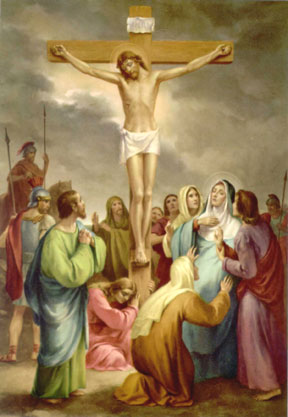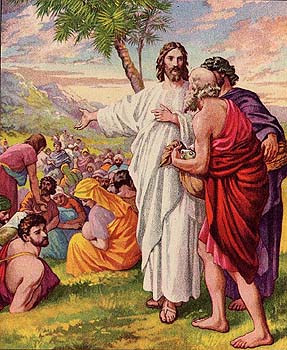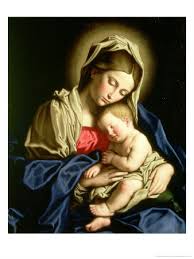
Why do Catholics believe that Mary is the Mother of God and give her divine attributes? If she was perfect, how could she be saved?
There have been several questions about the role of Mary in Christianity and the Church’s view of her.
All teachings about Mary tell us something about God and something about humanity. Mary is described as the ‘Mother of God’, because this affirms our belief that Jesus Christ is true God. Not simply by adoption or in part, but fully divine as He is fully human.
Motherhood is a relationship of person to person: a mother is not only mother of the body, or of the physical creature born of her womb, but of the person she begets. Thus having given birth, according to his human nature, to the person of Jesus, who is a divine person, Mary is the Mother of God
Pope John Paul II, 27 November 1996
Catholics do not give Mary divine attributes, nor do they worship Mary. We simply give her honour because of the unique place given her in the work of salvation, to be the Mother of the Saviour. And in giving her honour we give glory to God.
‘You are glorified in your saints, for their glory is the crowing of Your gifts…’
Preface of Holy Men and Women
It is only through the grace and power of God that Mary has such perfection, so it is His plan. For God doesn’t treat people as means, but as good ends in themselves, worthy of value and dignity. God doesn’t use Mary to be a receptacle of his Son, but gives her this true Motherhood as the greatest of gifts.
The perfection of Mary is thus the work of God and the way He saves her. Mary is a creature of God like all other human beings, but unlike all other human beings, she is saved in a preventative manner.
If two people are at risk from a cold and one takes care to prevent such by medicine and sensible living so does not fall ill and the other catches the cold and cures it through medicine following the illness, both have been saved and saved from something outside themselves.
The preservation of Mary from all sin is the unique way God saved her: fitting for the Mother of the Son of God.


















